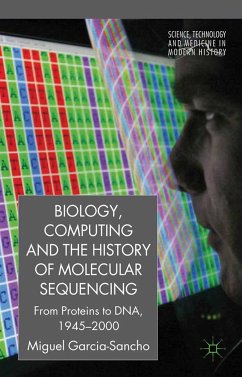In this sketch I have attempted to bring under one view the broad features of biological progress, and to increase the human interest by writing the story around the lives of the great Leaders. The practical execution of the task resolved itself largely into the question of what to omit. The number of detailed researches upon which progress in biology rests made rigid selection necessary, and the difficulties of separating the essential from the less important, and of distinguishing between men of temporary notoriety and those of enduring fame, have given rise to no small perplexities. The aim has been kept in mind to give a picture sufficiently diagrammatic not to confuse the general reader, and it is hoped that the omissions which have seemed necessary will, in a measure, be compensated for by the clearness of the picture. References to selected books and articles have been given at the close of the volume, that will enable readers who wish fuller information to go to the best sources. The book is divided into two sections. In the first are considered the sources of the ideas—except those of organic evolution—that dominate biology, and the steps by which they have been molded into a unified science. The Doctrine of Organic Evolution, on account of its importance, is reserved for special consideration in the second section. This is, of course, merely a division of convenience, since after its acceptance the doctrine of evolution has entered into all phases of biological progress. The portraits with which the text is illustrated embrace those of nearly all the founders of biology. Some of the rarer ones are unfamiliar even to biologists, and have been discovered only after long search in the libraries of Europe and America. An orderly account of the rise of biology can hardly fail to be of service to the class of inquirers mentioned in the opening paragraph. It is hoped that this sketch will also meet some of the needs of the increasing body of students who are doing practical work in biological laboratories. It is important that such students, in addition to the usual classroom instruction, should get a perspective view of the way in which biological science has come into its present form.









